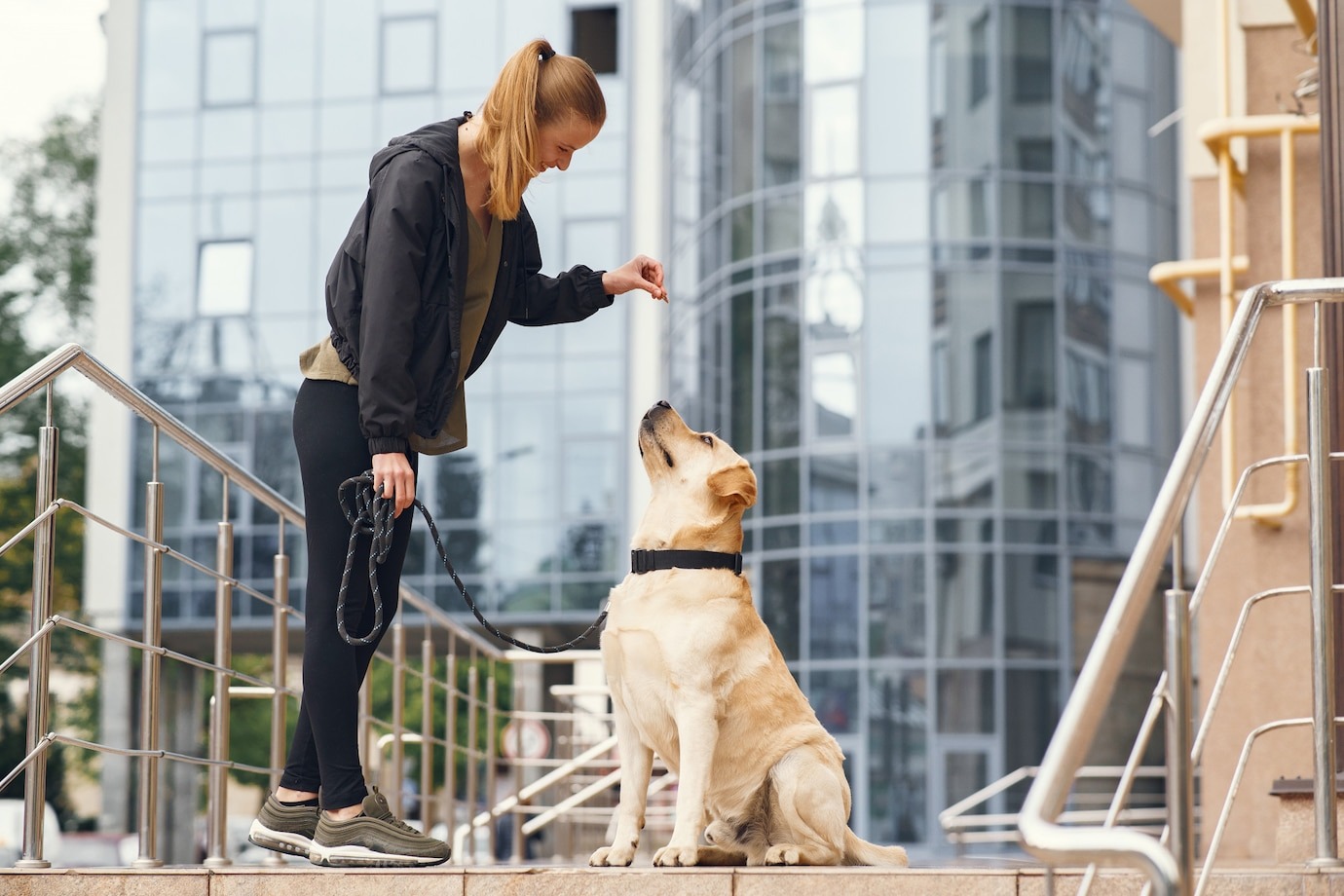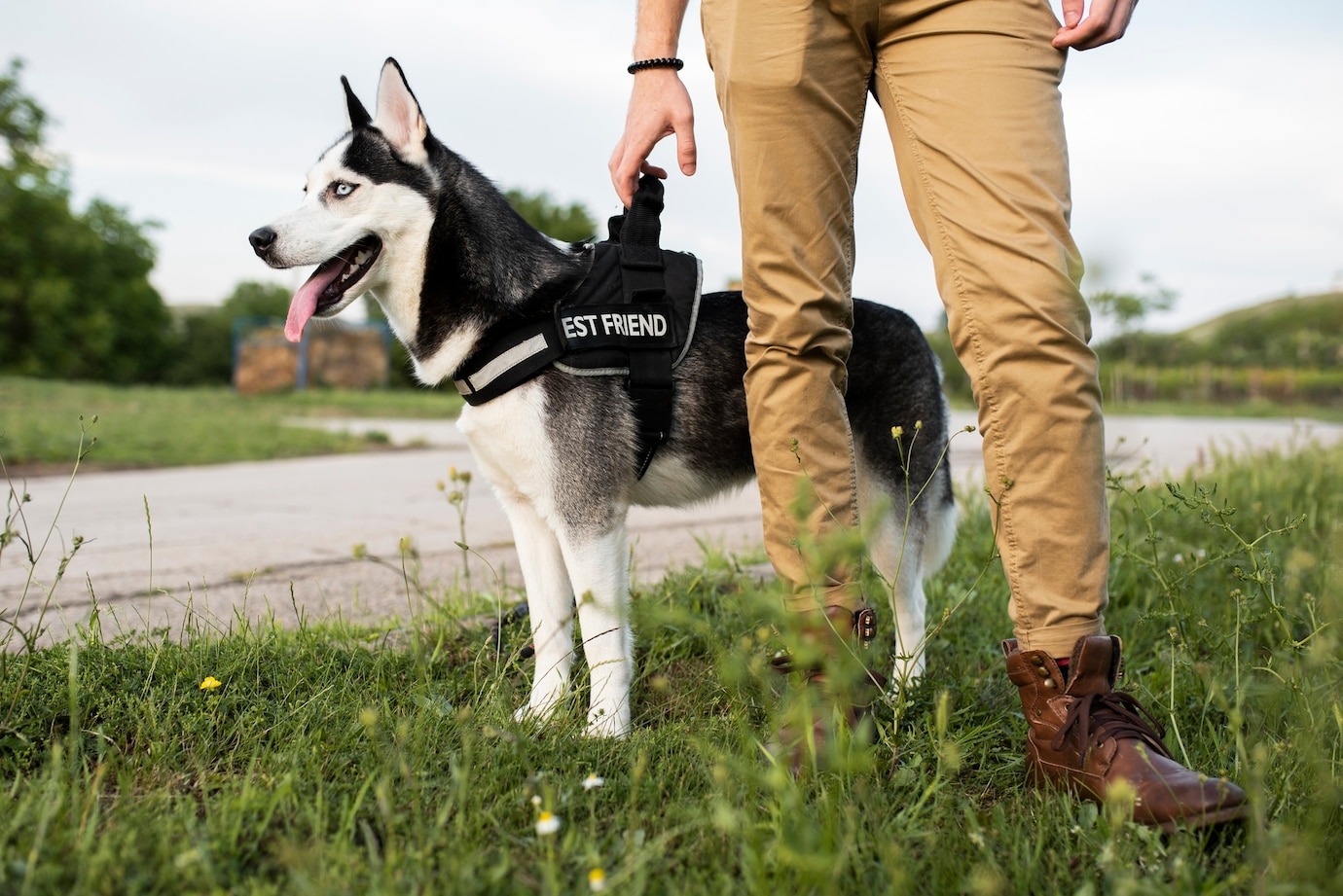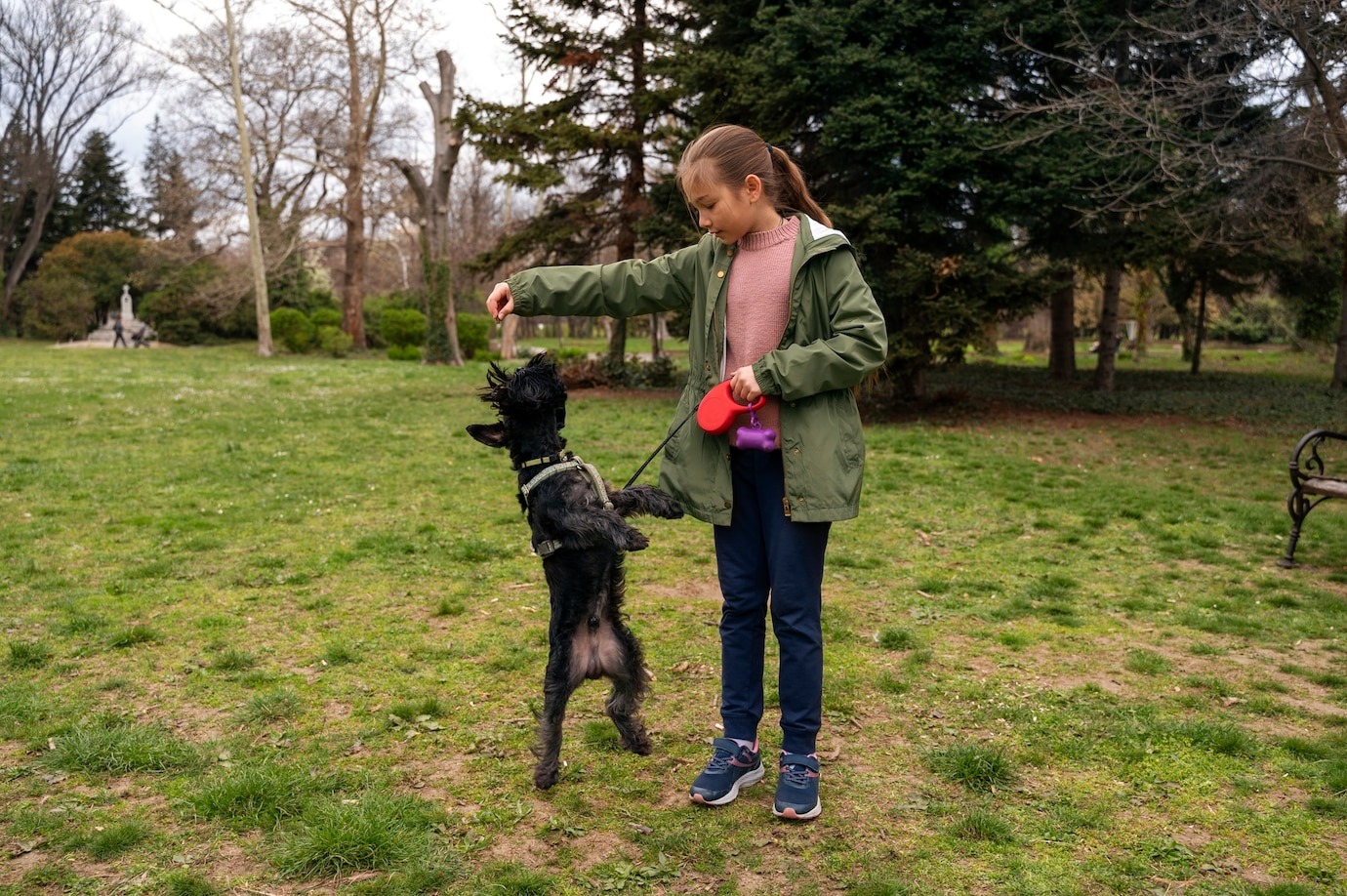In the world of pet training, trust is a cornerstone, and the bond between owners and their furry companions is built on the belief that professional trainers will provide the care, training, and love our pets deserve. However, the heartbreaking tale of Leia, a Dutch Shepherd Dog, highlights a significant issue in this industry. Leia's owner, like many pet owners, turned to a professional trainer, Emma Tabei from Professional K9s, with the belief that her pets would receive the best training and care. Yet, Leia's experience turned into a nightmare, exposing the importance of empathy in professional K9 handling.
Emma Tabei and Professional K9s: A Promising Beginning
Emma Tabei, a known professional in the world of K9 training, seemed like the perfect choice for Leia's owner. With a stellar online reputation, glowing recommendations, and years of claimed experience, it was only natural for Leia's owner to trust Emma with her beloved pets. Like many pet owners, she had high hopes for her furry companions and believed that Professional K9s would be the answer to their training needs.
The Shocking Reality: Negligence and Tragedy
However, the story took a harrowing turn. After 34 days of board-and-train at Professional K9s, Leia's owner received the devastating call that one of her dogs had passed away. The necropsy revealed severe dehydration, heat exhaustion, and blistered paw pads, all signs of severe neglect. The heartbreaking truth was that Leia had suffered immensely during her time at the facility, and no aid had been given when she needed it the most.
The Importance of Empathy in Professional K9 Handling
Leia's tragic experience sheds light on a critical aspect of the pet training industry - empathy. Empathy is the ability to understand and share the feelings of another, in this case, our furry friends. It's about recognizing their needs, fears, and emotions. In professional K9 handling, empathy should be a non-negotiable quality.
1. Understanding Canine Behavior:
Empathy starts with understanding canine behavior. A professional trainer should have an in-depth knowledge of how dogs think, what makes them anxious, what makes them comfortable, and what their physical and emotional needs are. Without this understanding, it's impossible to provide effective and compassionate training.
2. Recognizing Individual Needs:
Every dog is unique, with its own personality, quirks, and fears. Empathetic handling involves recognizing and respecting these individual needs. For Leia, this might have meant noticing her discomfort in extreme heat and providing appropriate care.
3. Open Communication:
Empathetic trainers maintain open lines of communication with pet owners. They ensure that owners are informed about their pet's progress, any concerns that arise, and involve them in decision-making. Empathy extends not just to the pet but to the owner, who is often just as emotionally invested in their pet's well-being.
4. Prioritizing Safety and Comfort:
Empathy is at the core of prioritizing a pet's safety and comfort. It means understanding when a dog is in distress, whether due to heat exhaustion, fear, or any other factor, and taking immediate action to alleviate that distress.
5. Patience and Positive Reinforcement:
Empathetic trainers use patience and positive reinforcement as their primary tools. They understand that fear, aggression, or stubbornness in dogs often stems from past trauma or anxiety. Rather than resorting to harsh methods, they approach training with a patient, gentle, and positive attitude, building trust and confidence in the process.
6. Continual Assessment and Adjustment:
Empathy also involves ongoing assessment of a dog's progress and well-being. It means recognizing when a particular training method isn't working and making adjustments to accommodate the dog's needs. For Leia, this might have meant recognizing that the harsh conditions were causing her distress and making immediate changes to protect her well-being.
7. Accountability and Ethical Responsibility:
Empathy extends beyond the interactions with the dogs themselves. Empathetic professionals take accountability for their actions and responsibilities. They understand the ethical duty they have toward the animals under their care and are committed to providing the best possible environment and care.
Final Thoughts!!
The tragic story of Leia serves as a stark reminder of the essential role empathy plays in the professional K9 handling industry. Empathy is not just a desirable quality; it is a fundamental requirement. The bond between a pet and their owner is one of trust, and when that trust is extended to professional trainers, it is with the expectation that they will treat these animals with the same care and love as the owners themselves.
Professional K9 handling is not solely about obedience training or behavior modification; it is about creating a safe, nurturing environment where dogs can thrive physically and emotionally. Leia's unfortunate experience has ignited a critical conversation about the standards and ethics within the industry.
Moving forward, it is imperative for both pet owners and the industry as a whole to prioritize empathy in professional K9 handling. This means thorough research when choosing a trainer, open and transparent communication with the trainer, and a commitment to holding professionals accountable for the care they provide.
Empathy is the bridge that connects the world of humans and the world of our canine companions. It ensures that their needs, feelings, and well-being are not only understood but respected and prioritized. Leia's story may be a tragedy, but it can also serve as a catalyst for change, motivating the industry to uphold the highest standards of empathy, care, and responsibility for our loyal four-legged friends. In doing so, we honor Leia's memory and work towards a future where no dog has to suffer as she did.






